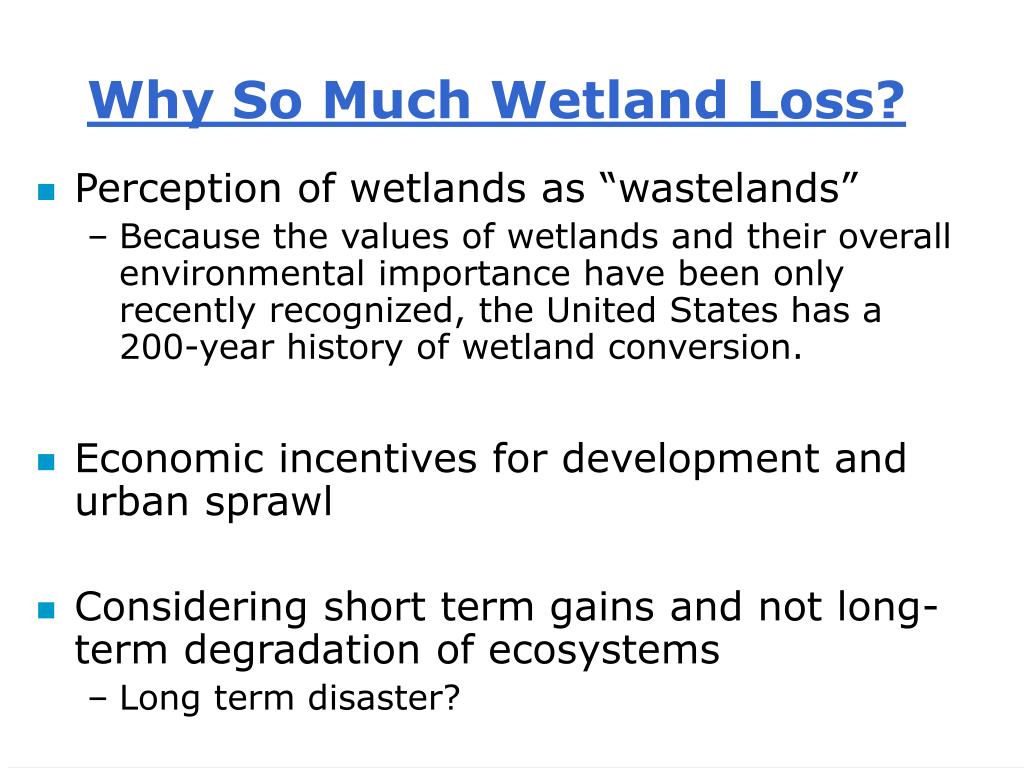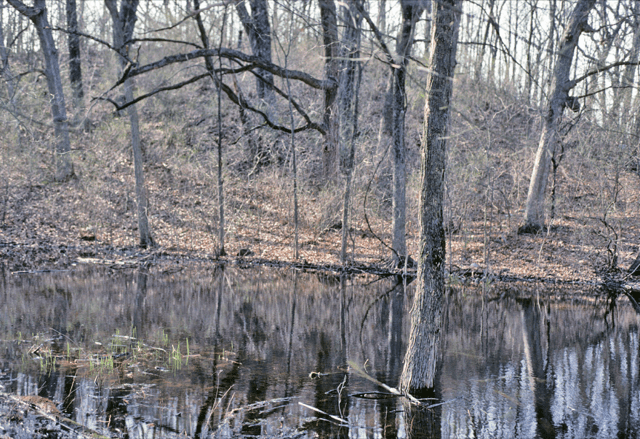
“Throughout most of recorded world history, wetlands were regarded as wastelands and problem areas to be drained and filled,” said the 2018 report “Wetlands on the Edge,” commissioned by a coalition of federal and state environmental agencies.

In 2000, a state Coastal Commission determination led to just 379 homes being built in an elevated corner of the broader wetlands area. That marked a turning point, as environmentalists and residents rallied against the development in order to preserve the natural wetlands. In the 1970s, developers proposed turning the wetlands into a marina surrounded by 5,000 homes. Subsequent decades saw the construction of Pacific Coast Highway and a coastal trolley line, as well as extensive oil drilling and construction of a stormwater channel, each of which reduced the dynamic shifting of the wetlands and impinged wildlife. Probably the first significant human impact on the Bolsa Chica wetlands came with the establishment of the Bolsa Chica Gun Club in 1899, which included a two-story building and damming of a portion of the wetlands to facilitate duck hunting. As a result, urbanization has meant filling in or otherwise constricting many of the state’s wetlands. The location of river mouths and ocean inlets as well as lagoons and tidal basins can shift from season to season, depending on how the storms affect associated rivers and ocean fronts.īut such year-to-year changes often don’t bode well for man’s plans for ports, roads and buildings. Without human intervention, coastal wetlands can be dynamic and unpredictable. “It’s in everyone’s best interest to have Bolsa Chica thriving, so it can best absorb the impact of climate change and sea-level rise,” Kolpin said. The Bolsa Chica Steering Committee, composed of two state and three federal agencies, will determine the next steps in maintenance and improvements. 1 funding, and commissioned the study in coordination with government agencies involved with the wetlands. The land trust wrote the grant application that resulted in the Prop. A healthy wetlands means a healthy barrier from sea-level rise.”

“How good a job we do will determine its resiliency.

“Bolsa Chica acts as a giant sponge,” said Kim Kolpin, executive director of the Bolsa Chica Land Trust.


 0 kommentar(er)
0 kommentar(er)
